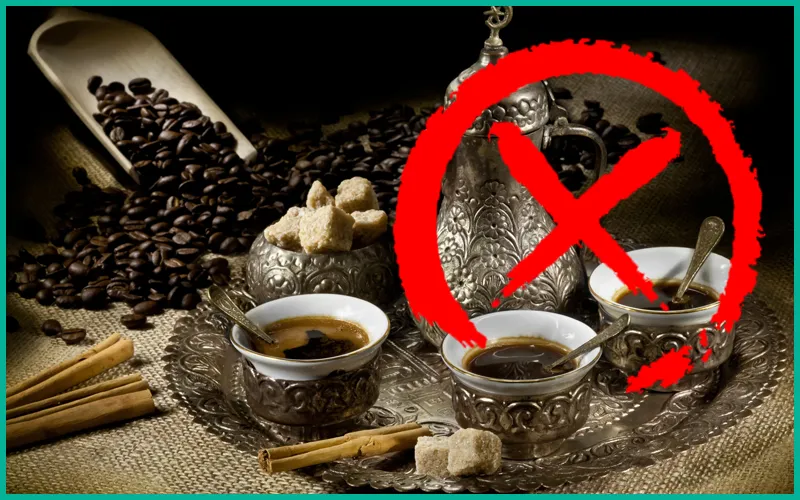
There are two types of political leaders who are trying to ban something pleasant to their citizens. Some do it because they do not understand how this pleasant thing works. Others, on the contrary, are well aware, and therefore forbidden. Surprisingly, the coffee, which we now consider to be something harmless, managed to suffer in due time from both types of legislators. He was executed for his use, he was banned by the church, and women, at the suggestion of politicians, denied intimacy to men who drink "Ottoman black blood."
Laws of Murad IV: death penalty for a cup of coffee
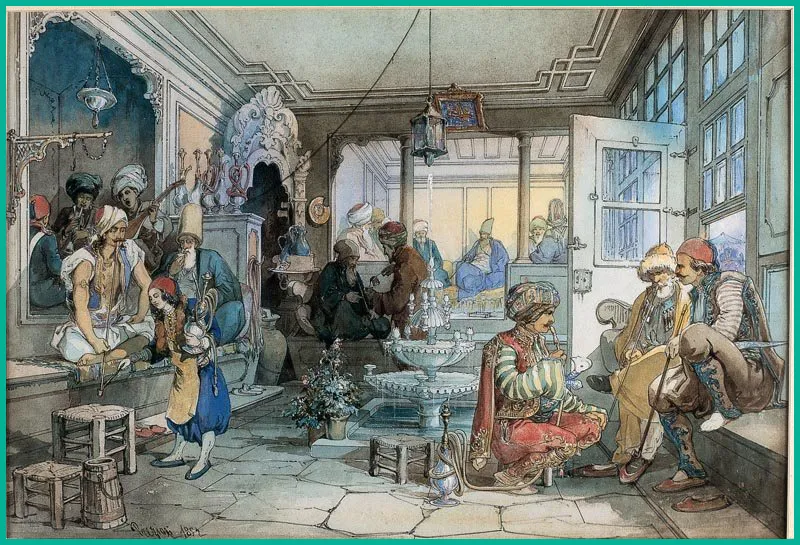
The most odious, cruel and modern inadequate ruler, who forbade coffee, was the Sultan of the Ottoman Empire, Murad IV. His brother and successor, Ibrahim the Mad, was a psychopath, sex maniac, and incidentally the most powerful idiot in the world. In general, the family was also Murad behaved extravagantly and cruelly quite in the traditions of his dynasty.
He was quick-tempered and depraved, but he did not give to his subjects. He tightened the sale of alcohol, effectively banning it, and introduced cruel punishment for smoking tobacco. However, most of all he somehow hated coffee. By his decree, coffee houses were crushed, and severe punishments were imposed for its use. The one who was caught for the first time, was beaten, the one who came across in the second was executed, shoved into a bag and drowned in the Bosporus. At the expense of the bag, history can be embellished, but the attitude of the Sultan to coffee, this bike conveys eloquently.

Helpful courtiers explained to Murad that the people, of course, love him, just coffee inspires them in rebellious moods. The hatred of the sultan was so strong that he even banned the Turks and coffee grinders - they began to be sold en massely and for nothing to Europeans, prompting coffee in Europe.
The most ridiculous thing in this story is that Murad IV, who so zealously forbade alcohol and coffee, seems to have died from the effects of alcoholism. It is possible that even drunk to death.
Coffee causes impotence (according to 17th century English women)
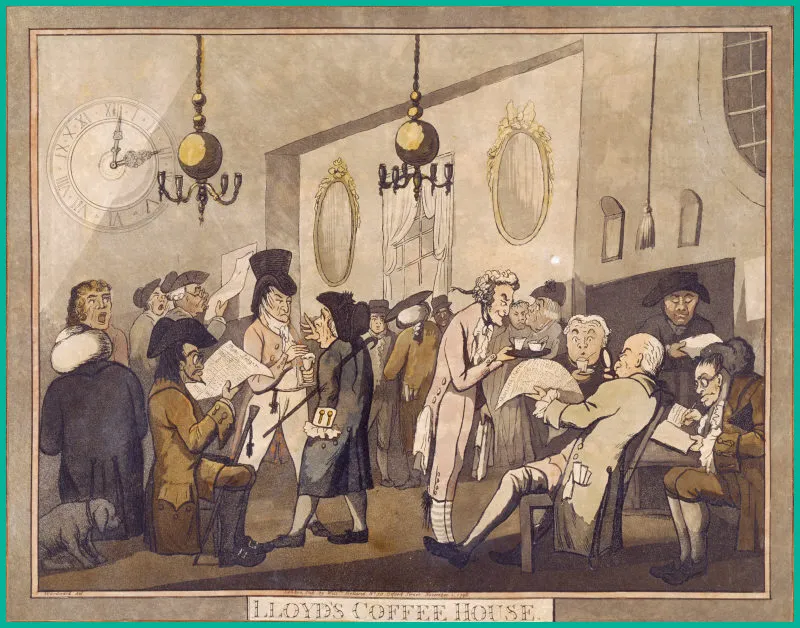
In Europe, coffee began to drink with the advent of geographical discoveries. In addition, they took it accordingly: as a strange and extremely fashionable novelty. In other words, some people adored him, and some considered him satanic booze. There was an opinion that Jews and Muslims in collusion put Europeans on coffee to curse and destroy Christian morality. Conspiracy theorists, as you can see, do not change.
Especially funny happened in Britain. While some of the nobles defended coffee as a source of vigor and inspiration, his opponents came up with a mean, but ingenious reception. They created a petition of women who opposed the drink and prayed to the authorities and personally the king to ban the poison as soon as possible. According to the statements of concerned citizens, coffee turns their husbands into impotent people, who "have only solid bone and standing ears only". It was a blow below the belt, and the credibility of the coffee was undermined.
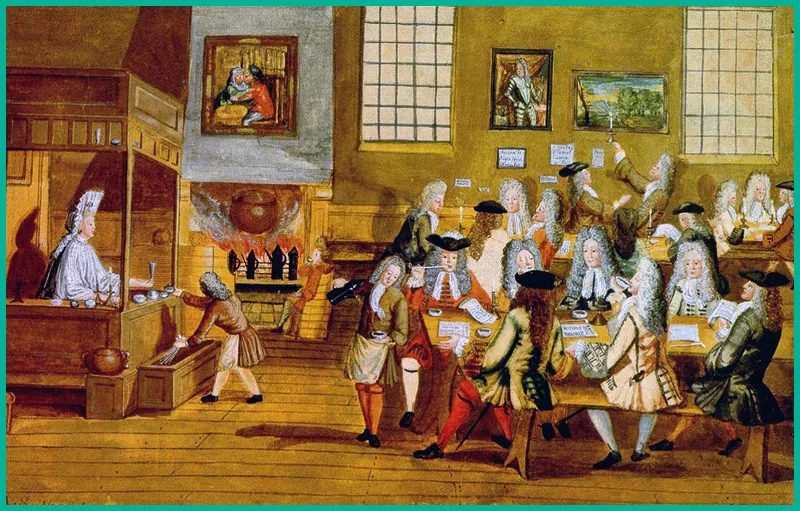
Returning to the story of Murad IV, it is worth saying that the political opponents of the drink arose for a reason. People actually met over a cup of coffee and a pipe of tobacco in order to discuss policies and rumors. From the very moment when the Dutch made coffee shops popular, coffee and seditious conversations were inseparable. There were conspiracies in coffee shops, pamphlets were written and the most daring trade agreements were signed. Coffee was associated with high-risk men who organize risk-taking businesses, such as the revolution or the supply of tobacco from Trinidad.
As a result, in 1676 the English king Charles II banned coffee shops as a hotbed of immoral behavior (however, he quickly changed his mind). At the same time, like Murad, he himself was far from being sinless and even received the nickname "Merry King" - for countless sexual adventures. I wonder if he drank coffee, or was he afraid for his potency?
The Prussian emperor - for beer, against coffee
"It’s disgusting to acknowledge the increase in the amount of coffee consumed by my subjects. My people should drink beer. Many battles were fought and won by soldiers fed by beer, but the King doesn’t know that you can count on soldier coffee lovers when you have to stand the test and hit the enemy".
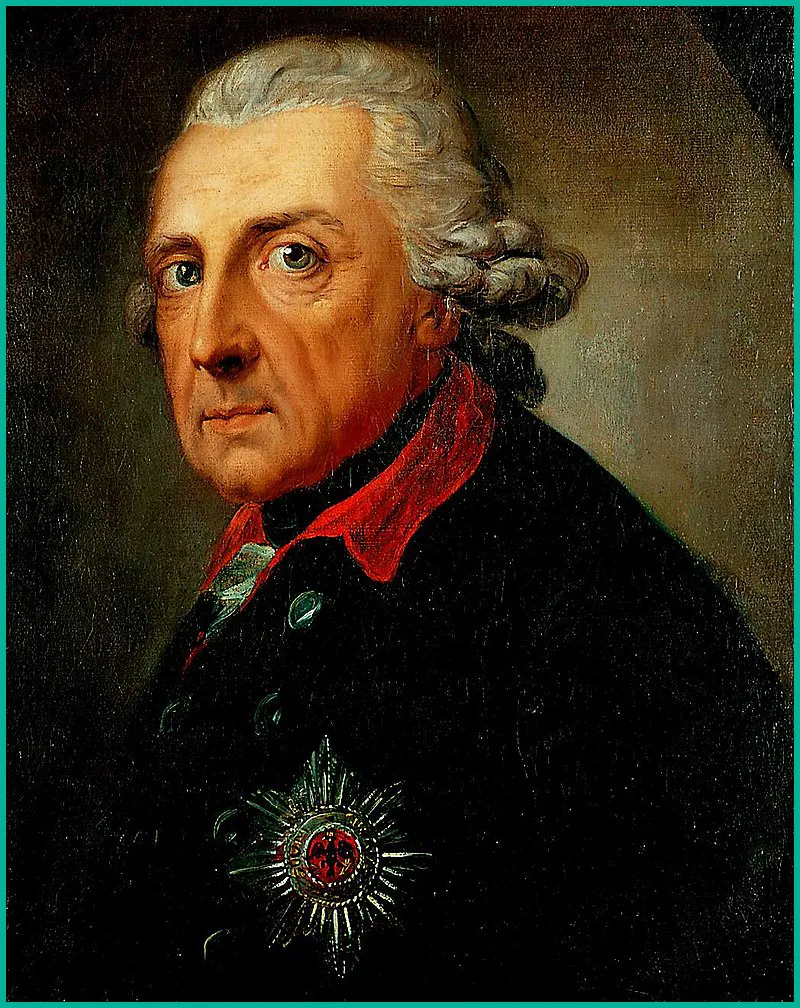
This is how the king of Prussia Frederick II spoke about coffee, aka the Great. In 1777, he banned the use of the drink and even organized a special service, "Coffee Investigation", which was engaged in the search and punishment of violators. Special emphasis was placed on "conscious citizens" who were instructed to report on those who continue to drink coffee. The next 20 years they fought against the infection by all the rules of prohibitionism: raids on illegal dens, cruel punishments for dealers and consumers, patriotic anti-coffee propaganda, public censure and stuff like that.
Frederick himself, which is characteristic, drank coffee. Not really complained, but sometimes took to be cheerful. According to numerous rumors, especially before having sex with one of their guardsmen.
Ethiopia: the birthplace of coffee, where it was banned for religious reasons
The most unexpected ban on the use of coffee existed in Ethiopia, the birthplace of this plant. Up until the XIX century, the local church decried "devil wine", considering it a pagan relic. Local miafizity decried the use of coffee with no less heat than Muslims decry the use of wine.
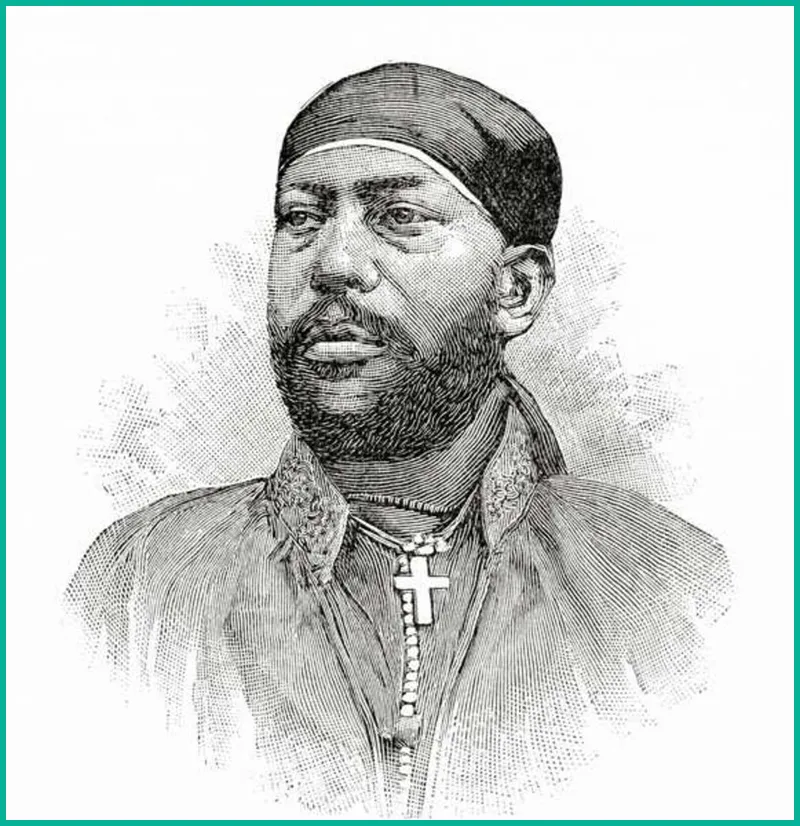
It's funny that the custom of drinking coffee came here from Europe - the emperor of Ethiopia Menelik II was offended that the drink is loved and appreciated all over the world, but not in the homeland. It cost him a lot of work to negotiate with church leaders, so that they lifted the religious ban on coffee. Now its cultivation is almost the only thing that keeps the country afloat.